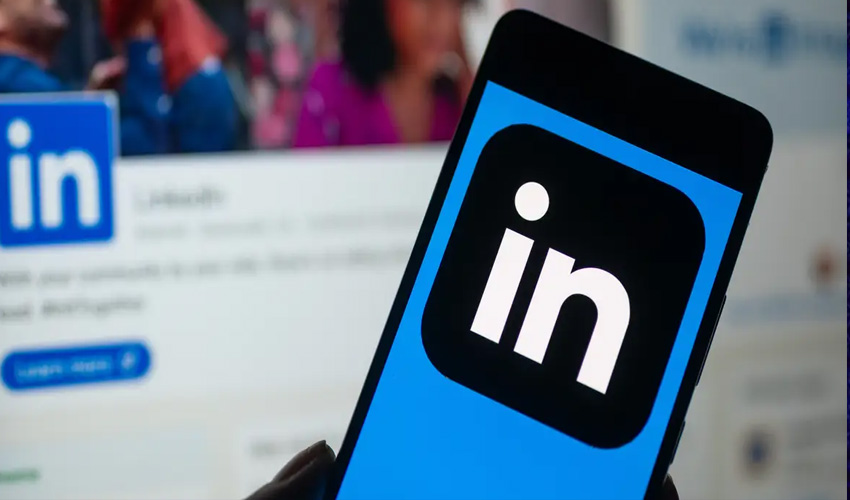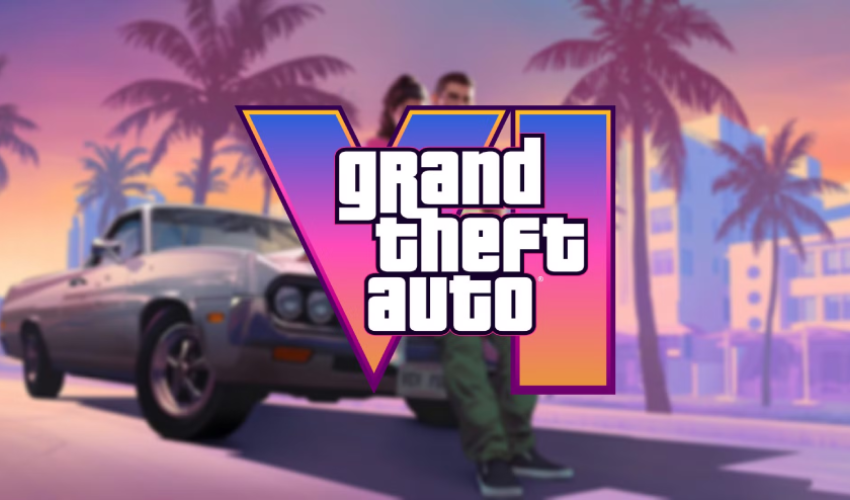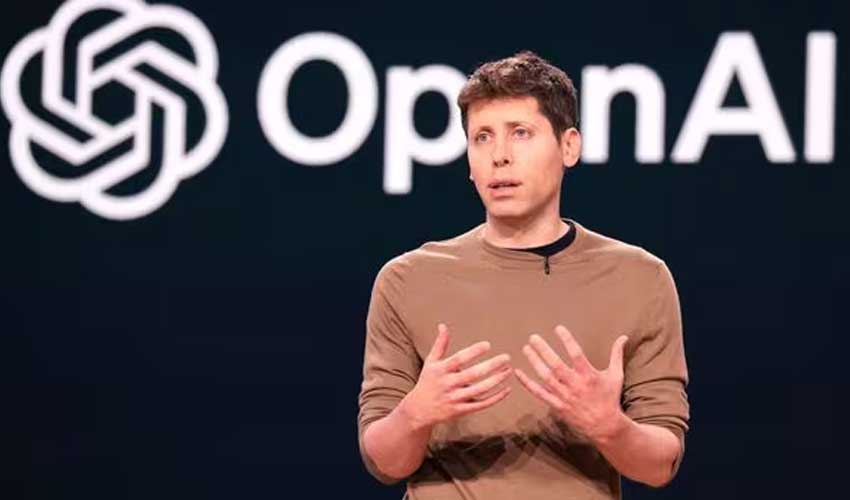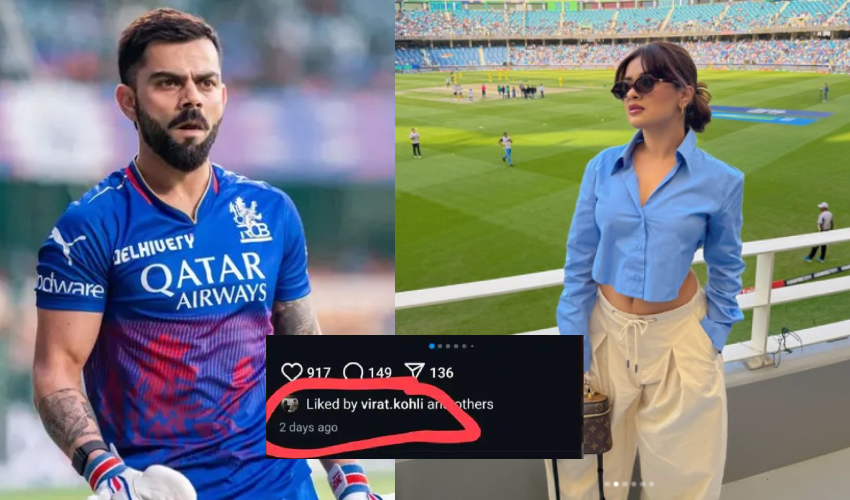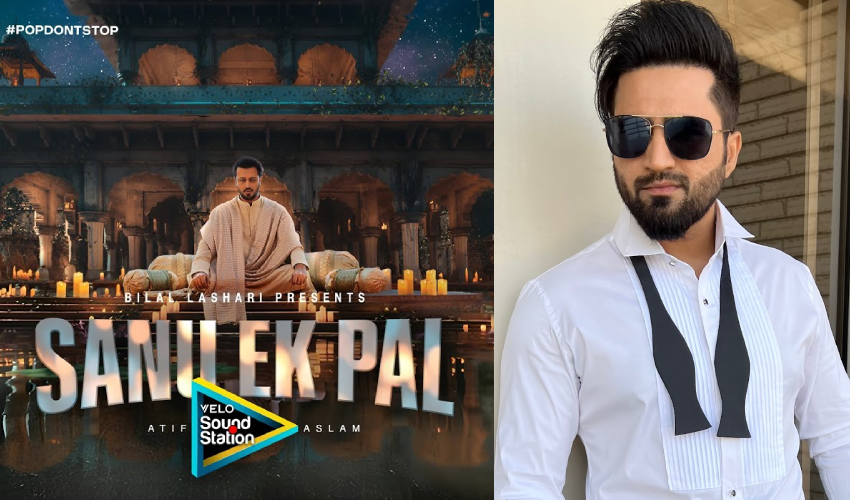In an unexpected twist, reports are emerging of Gen Z individuals utilizing LinkedIn, the renowned professional networking platform, as an unconventional avenue for dating.
The trend, though raising eyebrows, sheds light on a modern approach to finding love amid the fast-paced digital landscape.
One LinkedIn user, Samuela John, revealed that she navigates the platform in search of a partner with a stable job and financial stability.
Emphasising that her intentions are not centered around finding a "sugar daddy," she believes LinkedIn offers a unique opportunity to assess a potential romantic partner's work history, education, and career goals to determine compatibility.
According to sociology professor Dustin Kidd from Temple University, this phenomenon is part of a broader tradition of 'dating hacks,' where individuals repurpose online tools originally designed for different purposes to seek romantic connections.
Kidd highlights the role of direct messaging features, often referred to as 'DMs,' as a crucial element in this emerging trend.
LinkedIn's appeal for romantic pursuits lies in its ability to offer a more authentic perspective, going beyond the curated lives showcased on traditional dating apps. The platform's focus on professional achievements provides users with a glimpse into a potential partner's genuine persona.
A recent survey, albeit not scientifically rigorous, involving over 1,000 female LinkedIn users in the US, revealed that a staggering 91% had received romantic or inappropriate messages on the platform. This statistic underscores the growing trend of using LinkedIn for purposes beyond professional networking.
Timothy Tart, a LinkedIn user, outlined seven reasons why people are turning to the platform for romantic connections. These include the perceived honesty of profiles, easy vetting, a vast dating pool, absence of fake accounts, the potential for professional connections or references if the relationship doesn't work out, a belief in the seriousness and commitment of users, and the prospect of shared success.
While some argue that this unconventional use of LinkedIn as a dating platform reflects a sense of disconnection in the digital age, others see it as a quest for more genuine connections in contrast to the repetitive prompts of traditional dating apps.
The report suggests that LinkedIn, despite being a digital platform, might offer users a sense of community reminiscent of real-life workplace interactions that have been diminished by the prevalence of remote work.






